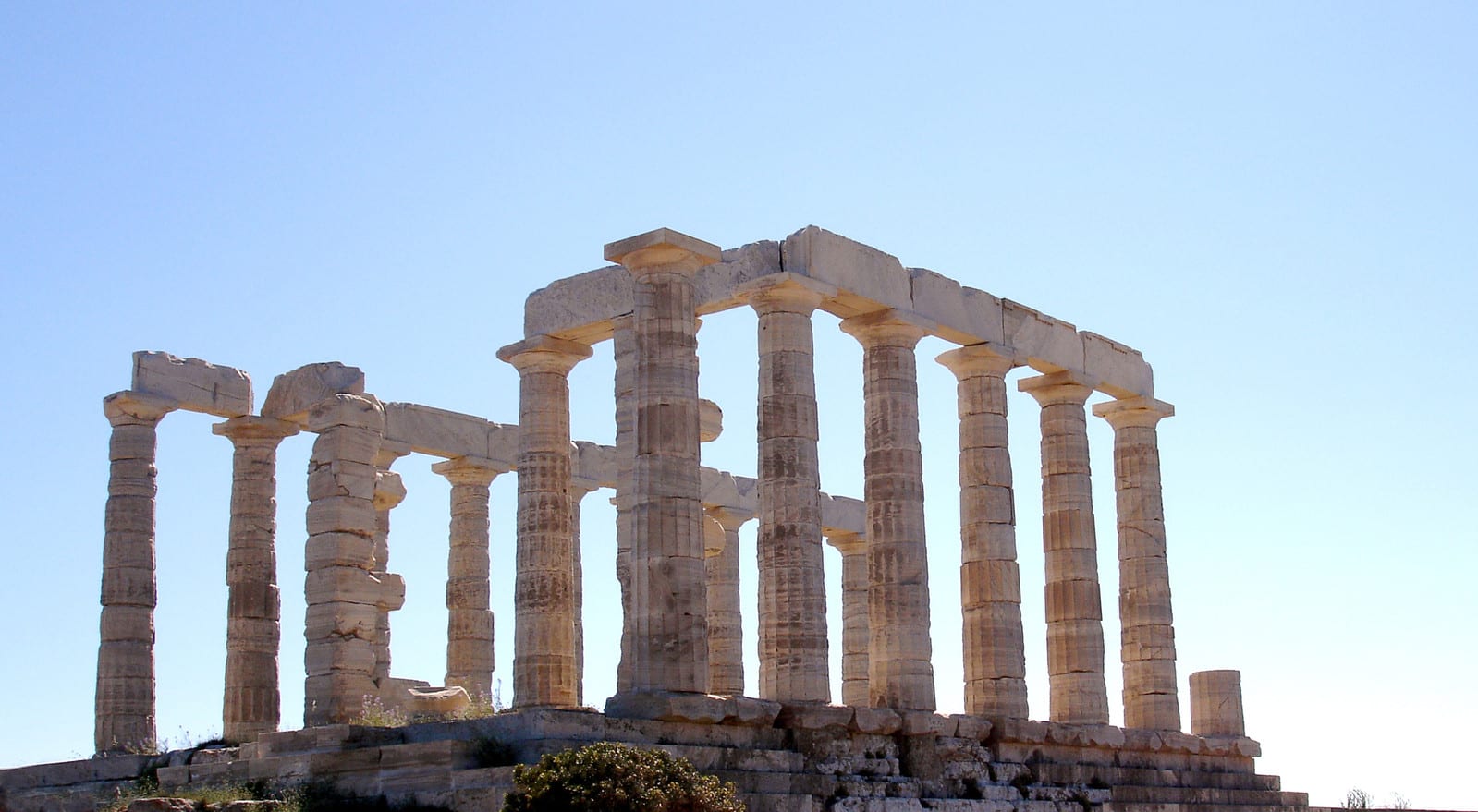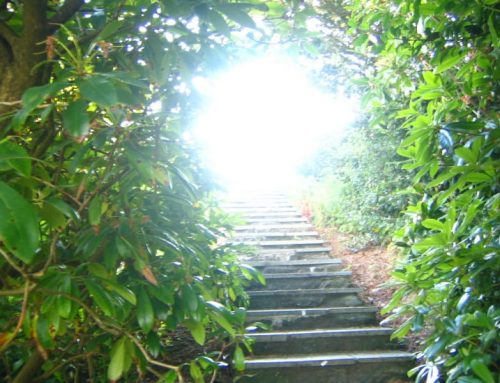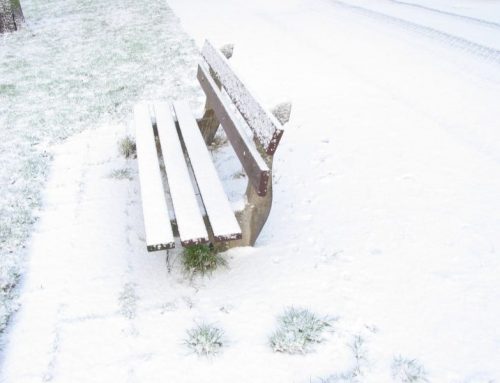Like the Steps of AA, the Traditions we follow are specifically written in response to our alcoholic nature. The very first of them discusses the welfare of AA in relationship to any individual who joins us – that unity (honoring our common purpose) is what keeps AA strong. The second reminds us that a higher power – not any individual – directs our course. The third ensures that anyone with a desire to stop drinking is welcomed as member – and will be is treated as such. All are equals here – we have no hierarchy in AA.
We don’t study the Traditions much anymore. They aren’t as sexy as the Steps and coincidentally, of course, they “are not all about me.” They are about our common welfare and how we conduct ourselves with other people. The Traditions are why AA works.
Alcoholic Anonymous is a manner of living. While the steps teach us to get right with ourselves, the traditions show us how to live right in the world. Once again we are asked to surrender our egos, our need to control others, to practice principles before personalities. We make a decision when we follow the traditions – to turn our will over to the God-consciousness that created and continues to help AA thrive.
God’s got this. And I am not Him.
One of the benefits of time in this program is the opportunity to go through many life experiences – good and bad – without any thought of a drink. But the second tradition warns those of us with time of a different pitfall – the resurgence of self. The need to be right. And the utter conviction that our own experience in AA makes us so – no matter how contrary our actions are to our literature.
We criticize, we lecture, we inform everyone how right we are, we pluck apart the literature to make our case (ignoring what might make us reconsider), we take tremendous satisfaction in knowing that if “they would only listen to me”, if “they would only do it my way.” We know. We’re right. And our ego’s quiver with self-righteous satisfaction.
I call it Great & Sober Syndrome. It is the saddest thing that can happen to elders in AA.
The symptoms include crowning myself the champion of AA, the defender, the score-keeper, the AA police. It is now my self-determined role to make sure that everyone thinks as I do. I delight in finding what’s wrong with other people. I am convinced that I am the person to correct it – correct them.
Oh but that’s not self-will run riot, I have way too much time for that. Of course there is nothing in the literature or Traditions to support it, but someone has to manage these people and I have the time to do it.
Justifiable anger works for me – not you of course, you don’t have the experience to handle it. I have risen to save AA from alcoholics. LOL. And so insanity returns…
In a program based on attraction – not self promotion – only a suffering alcoholic would see playing God as a path forward. That said, it is easy for all of us to veer of track, no matter who much time we have. We all make mistakes and we’re given a step to address them. It underlies the maintenance of our spiritual condition.
The longer I stay in AA, the more I understand it’s not my role to dispense wisdom from the mountain top. It’s to remember who’s in the driver’s seat, to reflect the grace I’ve been given. To contribute to our common welfare by practicing its principles – inside and outside these rooms. It is my part to welcome, to help, to extend my experience as an example of what this program promises. To show that I have grown beyond my barroom self.
The best way for me to protect this program is by honoring the Traditions that were put in place to protect it from alcoholics like me.







Leave A Comment
You must be logged in to post a comment.